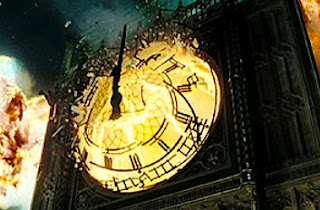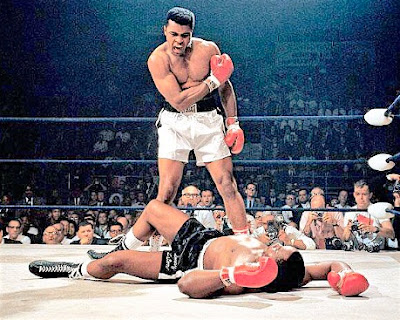Search This Blog
Politics. Culture. Race. Technology. National affairs. Attitude.
Posts
Showing posts from June, 2016
Divided Kingdom: Brexit and its consequences
- Get link
- Other Apps
A spy in the hothouse of fashion:
Bill Cunningham (1929-2016)
- Get link
- Other Apps
‘Any Given Wednesday’: Bill Simmons and guests get salty for sports nuts
- Get link
- Other Apps
'BrainDead': ‘Good Wife’ creators
skewer the D.C. horrorshow
- Get link
- Other Apps




